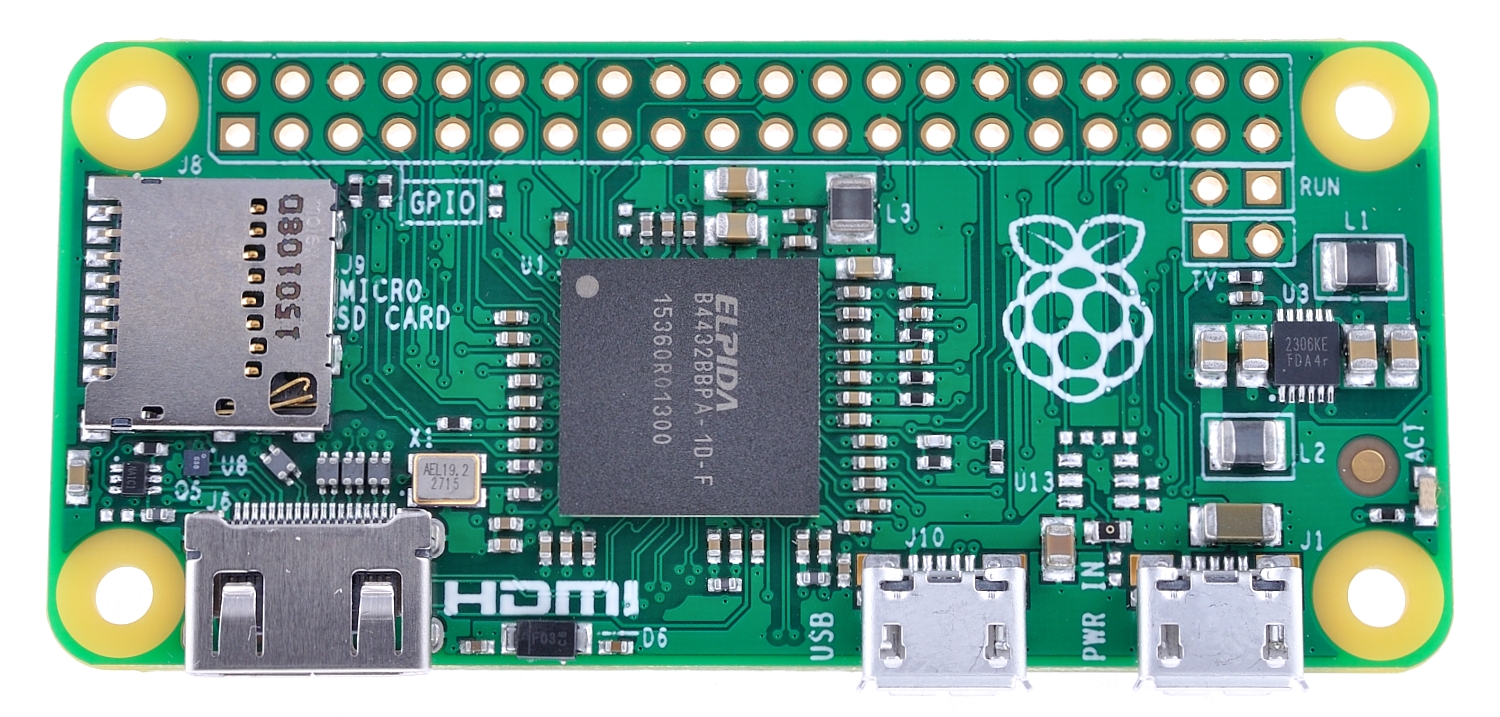

- #RASPBERRY PI ZERO OS LIST INSTALL#
- #RASPBERRY PI ZERO OS LIST UPDATE#
- #RASPBERRY PI ZERO OS LIST UPGRADE#
Please also note that not every externally powered USB-hub seems to be compatible with the RPI. Is your USB2-hub externally powered? I would try to connect the two sticks through 2 extension cables to individual USB-ports on your RPI3 and monitor whether it still freezes after some time when run with Debian 11. Sudden freezes after some time with HA Supervised on Debian are discussed multiple times on this very thread and the culprit is often discovered as a power issue.Īre you aware that the Aeotec Z-Stick Gen5 pulls up to 5V from the USB port? Is there any special reason why you have connected the Aeotec Z-Stick Gen5 and the TI CC2531 ZigBee-Stick to a USB2-hub which is connected to one of the USB ports of the RPI3?

(formerly SMSC) USB 2.0 Hubīus 001 Device 001: ID 1d6b:0002 Linux Foundation 2.0 root hub (formerly SMSC) USB 2.0 Hubīus 001 Device 002: ID 0424:2514 Microchip Technology, Inc. (formerly SMSC)īus 001 Device 003: ID 0424:2514 Microchip Technology, Inc. Aeotec Z-Stick Gen5 (ZW090) - UZBīus 001 Device 005: ID 0451:16a8 Texas Instruments, Inc. sudo lsusbīus 001 Device 004: ID 0658:0200 Sigma Designs, Inc. The OS comes with over 35,000 packages: pre-compiled software bundled in a nice format for easy installation on your Raspberry Pi. I was able to run ha before help, but os freezes after 1-7days. Raspberry Pi OS is a free operating system based on Debian, optimised for the Raspberry Pi hardware, and is the recommended operating system for normal use on a Raspberry Pi. The only step different is the OS Agent part. The above guide is also valid for HA Supervised on the Intel architecture (i.e. Your HA on the RPI4 should now run on Debian 11 (Bullseye). Sudo dpkg -i os-agent_1.5.1_linux_bĪll done. replace all references to 1.5.1 with the latest available release): sudo wget Now visit the OS Agent page and then replace the version number with the latest available, into the commands below.
#RASPBERRY PI ZERO OS LIST INSTALL#
After it has finished it’s time to reboot the host: sudo systemctl rebootĪfter the system has rebooted, open a new console and execute (again, as non-root): sudo apt -fix-broken install Run: sudo sed -i 's/buster/bullseye/' /etc/apt/apt.confĭue to the boot problems with the newer official kernel versions on Debian 10 on RPI4, run: sudo apt-mark unhold linux-image-arm64 The value 'buster' is invalid for APT::Default-Release as such a release is not available in the sources Only if you see the following error message after “ sudo apt update”:
#RASPBERRY PI ZERO OS LIST UPDATE#
Only if you previously have installed Debian’s MQTT broker (mosquitto) on the OS level (not as a HA Add-on): sudo sed -i 's/bullseye/buster/' /etc/apt//*mosquitto*.listĬontinue with the OS upgrade: sudo apt update Sudo sed -i 's|bullseye/updates|bullseye-security|' /etc/apt/sources.list Sudo sed -i 's/buster/bullseye/' /etc/apt//*.list In a console as the unprivileged user (not root) : sudo sed -i 's/buster/bullseye/' /etc/apt/sources.list
#RASPBERRY PI ZERO OS LIST UPGRADE#
For those who want to upgrade from Debian 10 (Buster) to Debian 11 (Bullseye) without starting from scratch, here comes how it can be done easily (tested on RPI4 4GB devices):


 0 kommentar(er)
0 kommentar(er)
